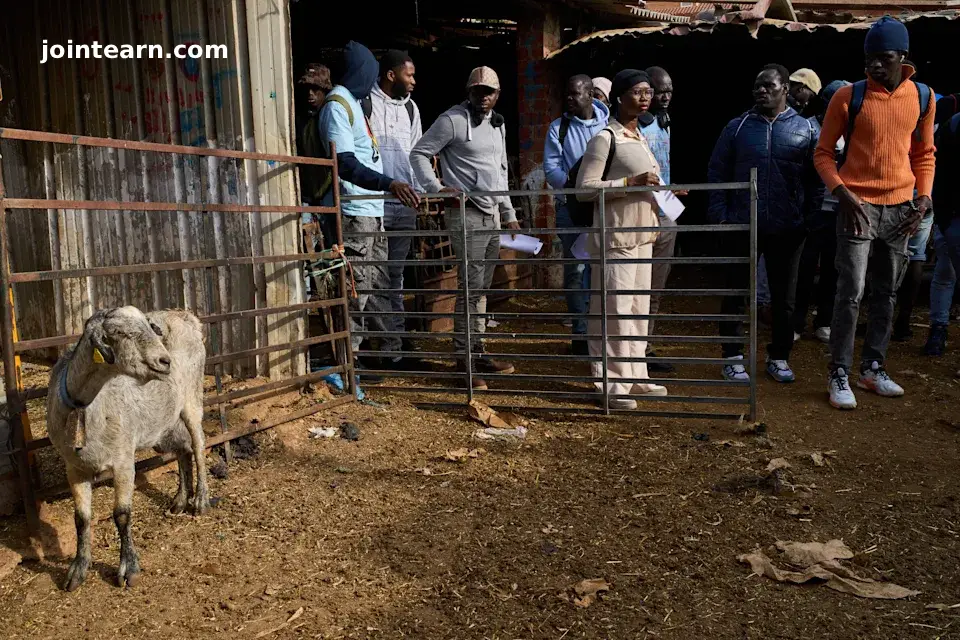
LOS CORTIJOS, Spain, October 25, 2025 — In the heart of Spain’s arid Castile-La Mancha, centuries-old farms are getting a new lease on life thanks to a wave of African migrants trained as shepherds. Villages like Los Cortijos, home to just 850 people, have struggled for decades with rural depopulation and a shortage of agricultural workers.
Migrants Filling Labor Gaps
Osam Abdulmumen, 25, a migrant from Sudan, has been tending a flock of 400 sheep since arriving in Spain, helping produce the region’s prized sheep’s milk cheese. Abdulmumen left Sudan due to violence and hopes to support his family back home.
“I always wanted to work in my country, but there are too many problems. My family can’t do much right now. That’s why I want to buy them things. A house, too,” he said.
His employer, Álvaro Esteban, 32, returned to his family farm after years abroad and embraced modern techniques, including drones to monitor pastures and cheese production for local markets.
Government-Supported Shepherding Programs
A government program now trains migrants — many from Africa, Venezuela, and Afghanistan — in basic sheep care and milking techniques over a five-day course in Toledo. After training, participants may be matched with farms across rural Spain.
Since 2022, approximately 460 students have completed the program, with many finding jobs as shepherds, slaughterhouse workers, or on fruit farms. Program coordinator Pedro Luna said most students are asylum-seekers, often connected to the program via humanitarian organizations like the International Red Cross.
Challenges of Rural Spain
Spain has experienced mass urban migration since the 1950s, leaving rural villages with aging populations and few young people to maintain traditional farming. Today, 81% of Spaniards live in urban areas, with farmers comprising less than 4% of the workforce.
Without migrant workers, many livestock farms in Castile-La Mancha risk closing within the next decade. “Most of the businesses that exist right now won’t have anyone to take over, because the children don’t want to follow in their parents’ footsteps,” Esteban said.
Life on the Farm
Abdulmumen rises at 5 a.m. for prayer before working long hours, often past sundown. He earns €1,300 ($1,510) per month, slightly above Spain’s minimum wage, allowing him to send money to his family in Sudan.
Though isolated, he appreciates the calm of the town and the stability of farm work. “I like this job, it’s more calm and the town is, too. I like living here in the town,” he said.


Leave a Reply